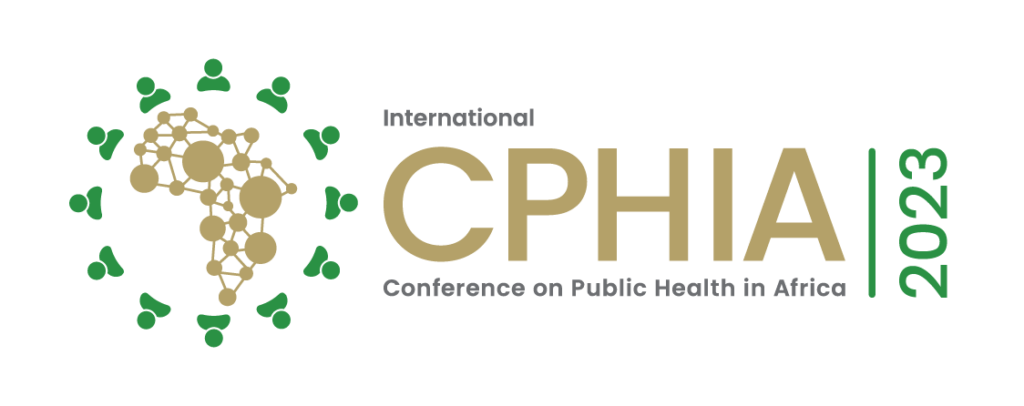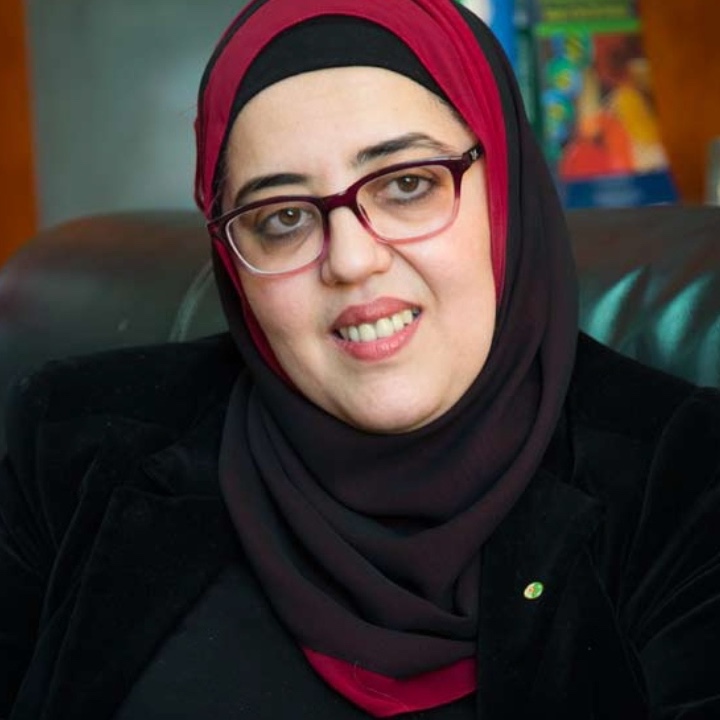Pr. Halima Benbouza is Director for Science and Technology at the National Council of Scientific Research and Technologies, Algeria.
She received her doctorate in agronomic sciences and biological engineering from Agro Bio Tech Gembloux, Belgium in Plant Breeding and Genetics, followed by postdoctoral research at the United States Agricultural Research Services. From 2010-2016, Pr. Benbouza served as Founder and CEO of Algeria’s National Biotechnology Research Center (CRBt). She is Past President of the Intersectoral Commission of Health and Life Sciences of Algeria’s Ministry of Higher Education and Scientific Research. Pr. Benbouza served on the Algerian National Council for Research Evaluation and the Sectorial Permanent Board of the Ministry of Higher Education and Scientific Research. From 2015-2019 she was the representative of Algeria to UNESCO’s Intergovernmental Bioethics Committee.
In 2014, Pr. Benbouza was honored by the US Embassy, Algiers, as one of the “Women in Science Hall of Fame”, and was chosen as one of the 6 best African Women Scientists by the Next Einstein Forum, of the African Institute for Mathematical Sciences). In 2017, she served on the Committee on Regional Workshops on Science and Technology Issues for the Biological Weapons Convention, convened by the US National Academies of Sciences, Engineering and Medicine. Pr. Benbouza served as Representative of Scientific Research for Africa on the Group of Friends of the Co-chairs on Digital Sequence Information of Genetic Resources for the UN Convention on Biodiversity. She currently is an independent expert for WHO’s Unit of Emerging Technologies, Research Prioritization and Support, and has contributed to the development of WHO’a Global Guidance Framework for the Responsible Use of the Life Sciences.
Pr. Benbouza is a member of the Executive Committee of the Pan African Congress of Ethics and Bioethics (COPAB) and the recipient of the 2023 Elizabeth R Griffin Program Lecture Award.

